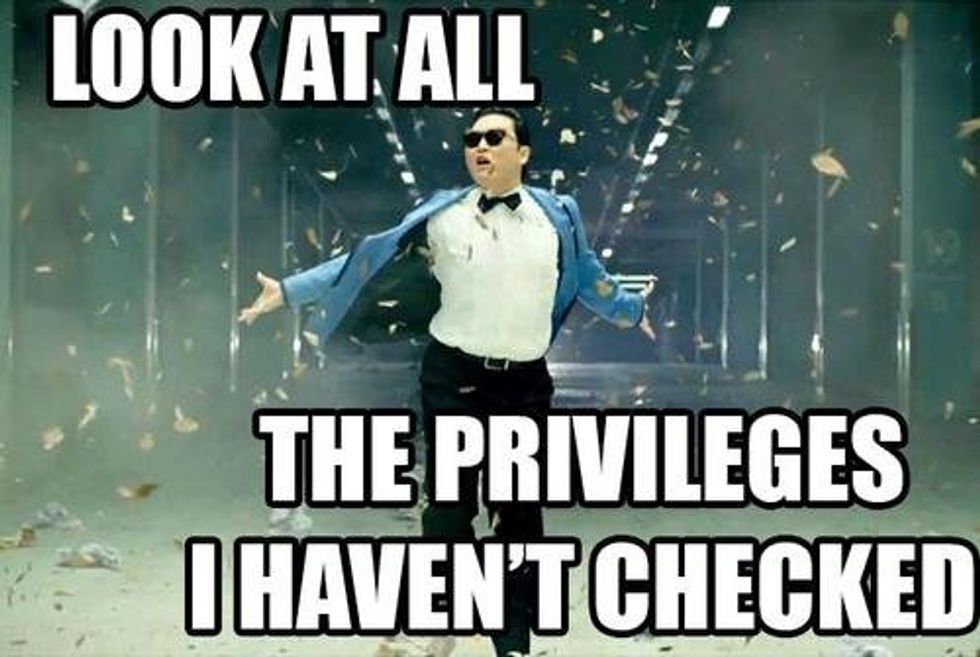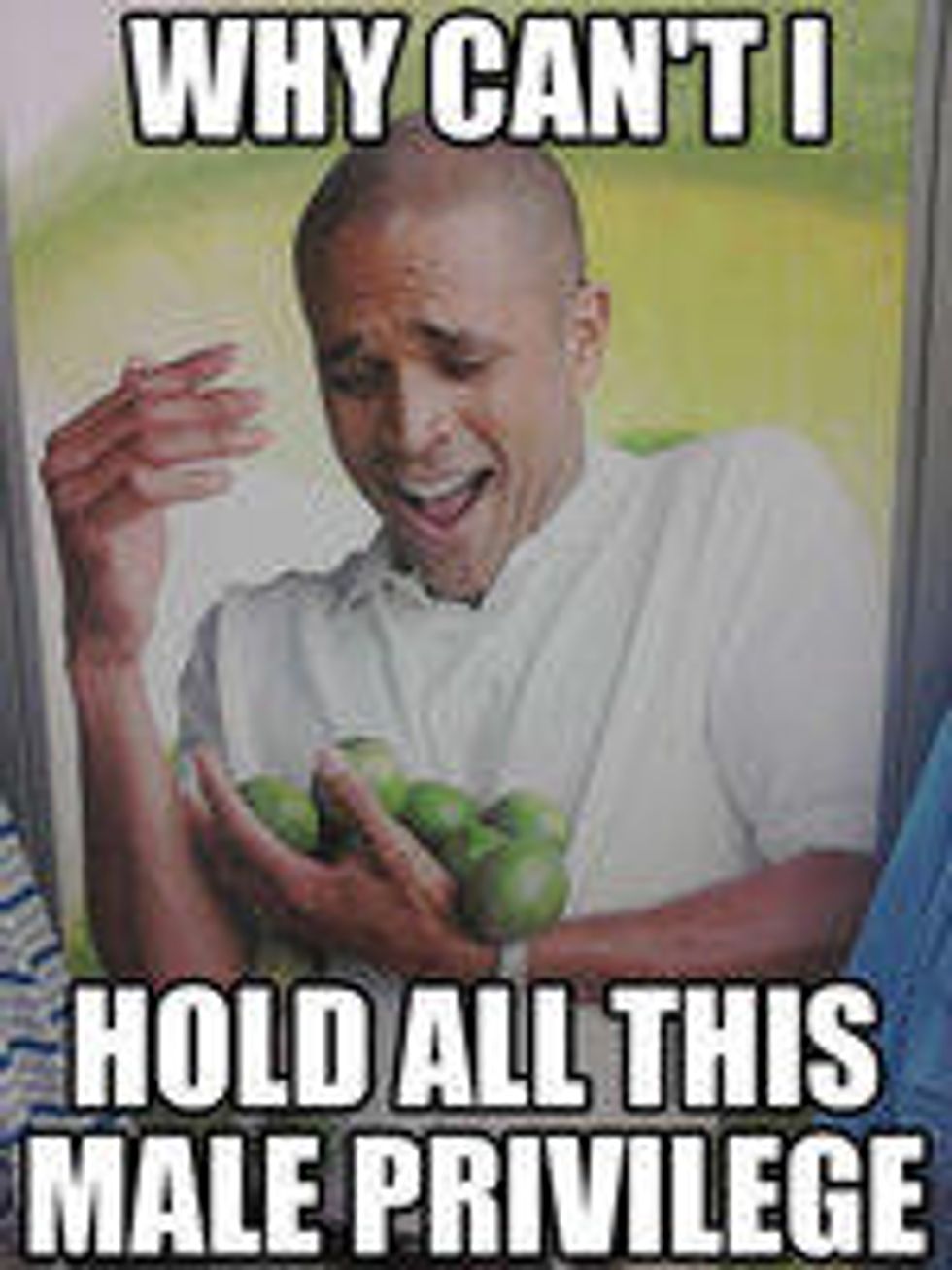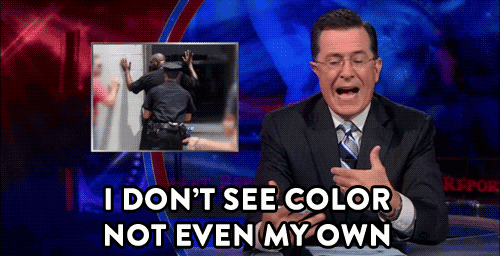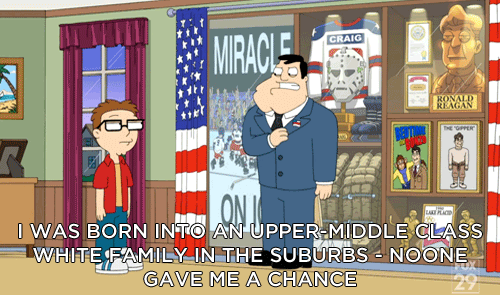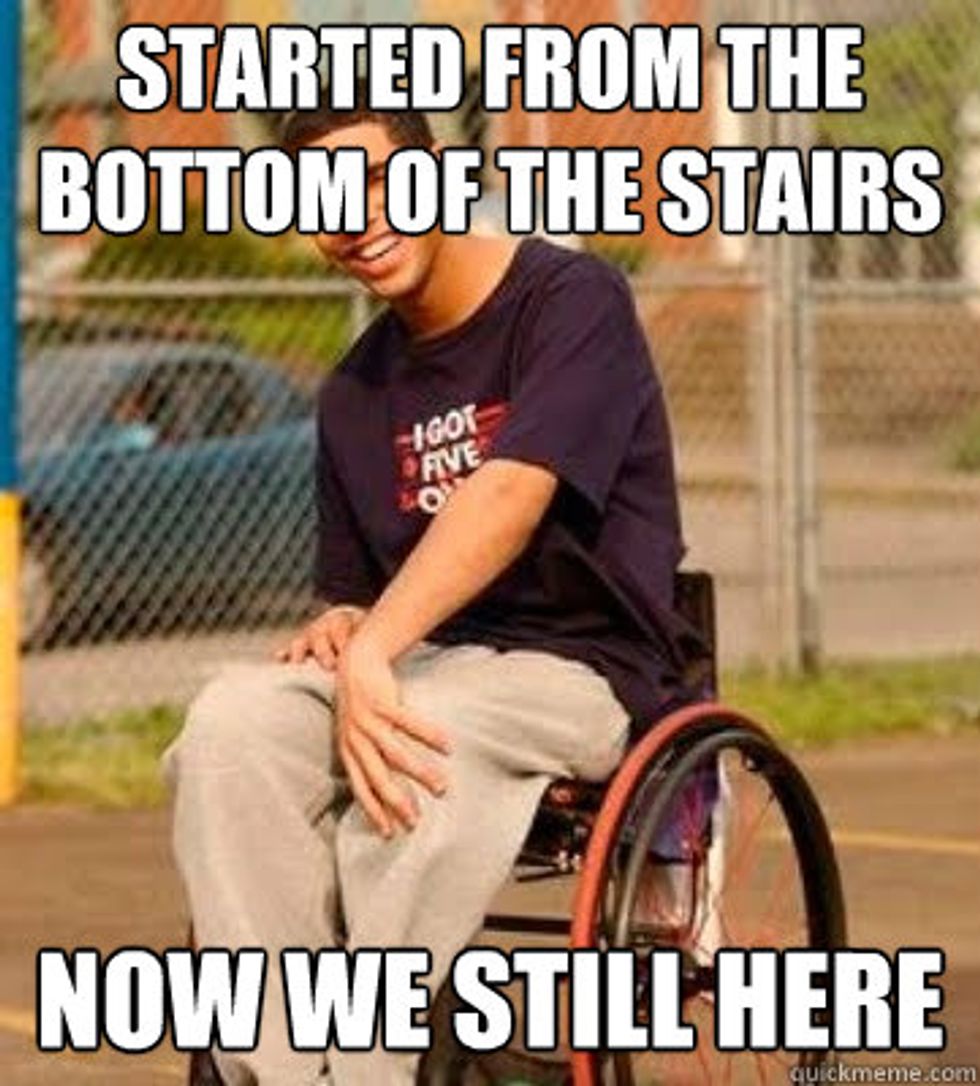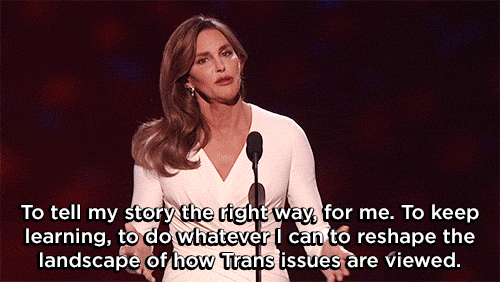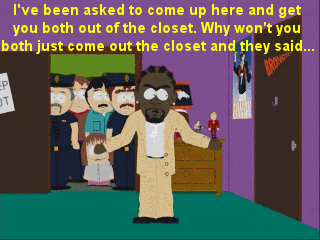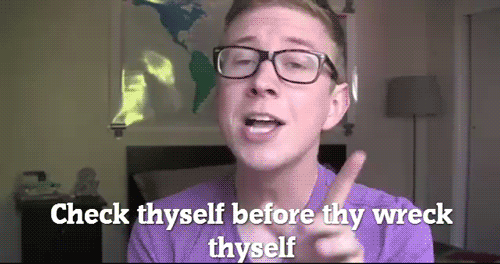Welcome! If you're reading this, you my have recently been invited to "check your privilege," or perhaps you stumbled upon this article while browsing the web for ways in which to broaden your understanding of the experiences of others. Or, alternatively, maybe the topic of privilege is entirely new to you, and you're looking to see what exactly all the hubbub is about. Come one, come all, and step right up to CHECK. YOUR. PRIVILEGE. *the crowd goes wild*
First, let's establish a broad definition of what qualifies as privilege.
Everyday Feminism synthesizes various uses of the word privilege in relevant texts to arrive at this definition: "a set of unearthed benefits given to people who fit into a specific social group." It's an advantage an individual or group holds, often sans awareness, over systematically disenfranchised social groups. Typically, the privileged group is that which is considered "normal" or "socially acceptable."
Now, in no particular order, let's break down some of the major forms of privilege encountered in Western society.
This list is by no means entirely comprehensive and is most useful when used as a means for self-reflection and as a way to come to understand the struggles of others who's positions vary greatly from your own in modern society.
Male privilege: This form of privilege is manifested in individuals who identify as male and who were assigned male at birth living in a patriarchal society. Examples of male privilege include, but are not limited to, being able to walk home at night without fear of attack, having male-centric storylines vastly dominate all forms of media, and having greater employment benefits and opportunities than equally qualified female counterparts.
White privilege: Power in Western society has long been associated with being white. Historic discrimination and racism has deep roots in our society that propagate this disturbingly unequal distribution of power to this day. While examples of white privilege are clearly evident in all aspects of the mainstream media, a prominent example of white privilege in the media today regards police violence being directed towards people of color. White privilege is not having to fear for your life during every exchange with law enforcement.
Social class privilege: Social class is often closely linked with economic status in that those with greater financial resources find themselves in the social class with the most power. Class frequently determines the availability of opportunities in both education and vocation, and this leads to system of self-perpetuation in giving those with greater resources greater social privileges therefore making it even harder for those of an outside class to break in.
Ability privilege: To have ability privilege is to be free of physical and mental disabilities with which many individuals struggle the entirety of their lives. Examples of ability privilege include being able to access any and all buildings regardless of their wheelchair capabilities, having minimal dietary restrictions and being able to choose from all options at restaurants, and being able to focus in certain settings without the help of medication.
Gender identity privilege: This privilege is held by individuals whose gender identity matches that which they were assigned at birth. It is rare to see the stories of these individuals told in the mainstream media and when they are it is all too common to see them mocked and suggested to be disgusting. The misrepresentation of non-gender conforming individuals in the media is undoubtedly common and puts these individuals at a disadvantage to their cisgendered (or gender conforming) counterparts.
Heterosexual privilege: This form of privilege is most obvious when considering the metaphorical closet in which all Queer identifying persons reside. Heterosexuality is almost always assumed of an individual and thus forces Queer to continually undergo the process of "coming out." The storylines of mainstream media programming focus aggressively on the relationships of heterosexual individuals and frequently also portray offensively stereotyped caricatures of Queer characters.
Religious privilege: To have religious privilege is to be a member of the religion that dominates a given culture. In Western society, this privilege is given to members of the Christian faith whose traditions are normalized and the tenets of other faiths are portrayed as radical, mystical, and are frequently rejected. An example of this in the media today is the portrayal of Islam as a violent and extreme faith that harbors only terrorists within its vast community of participants in the faith.
Additionally, be careful not to forget important elements of intersectionality of these important social hierarchies of power when considering privilege. That is to say one is able to be privileged in one sense but be a victim of oppression in another and it is valuable to acknowledge these intersecting hierarchies when considering our own roles in these systems.
By acknowledging our own privileges in day-to-day life, we can all work to develop means of allowing for equal opportunity in historically underprivileged groups who fight everyday against both overt and unconscious forms of oppression.


